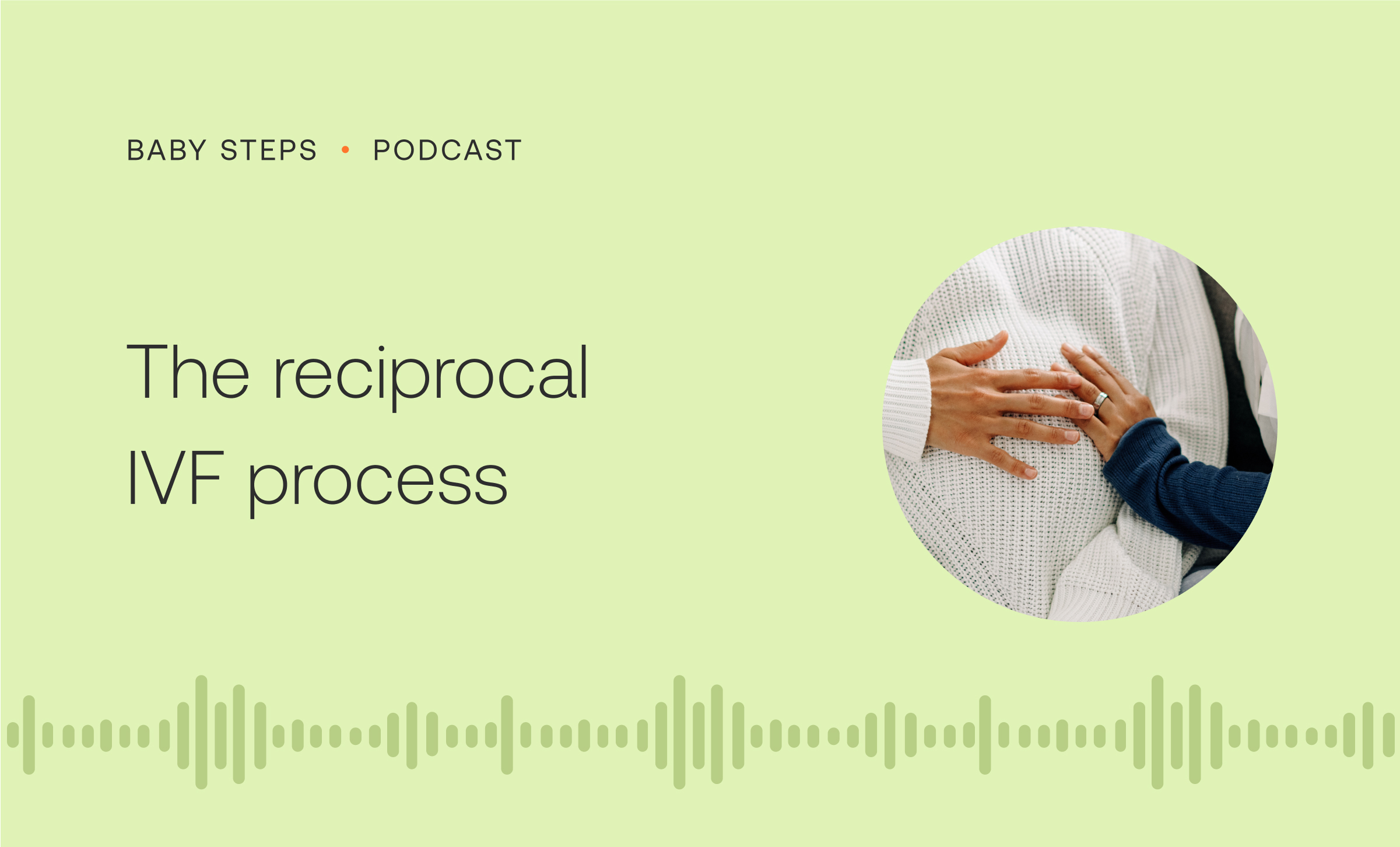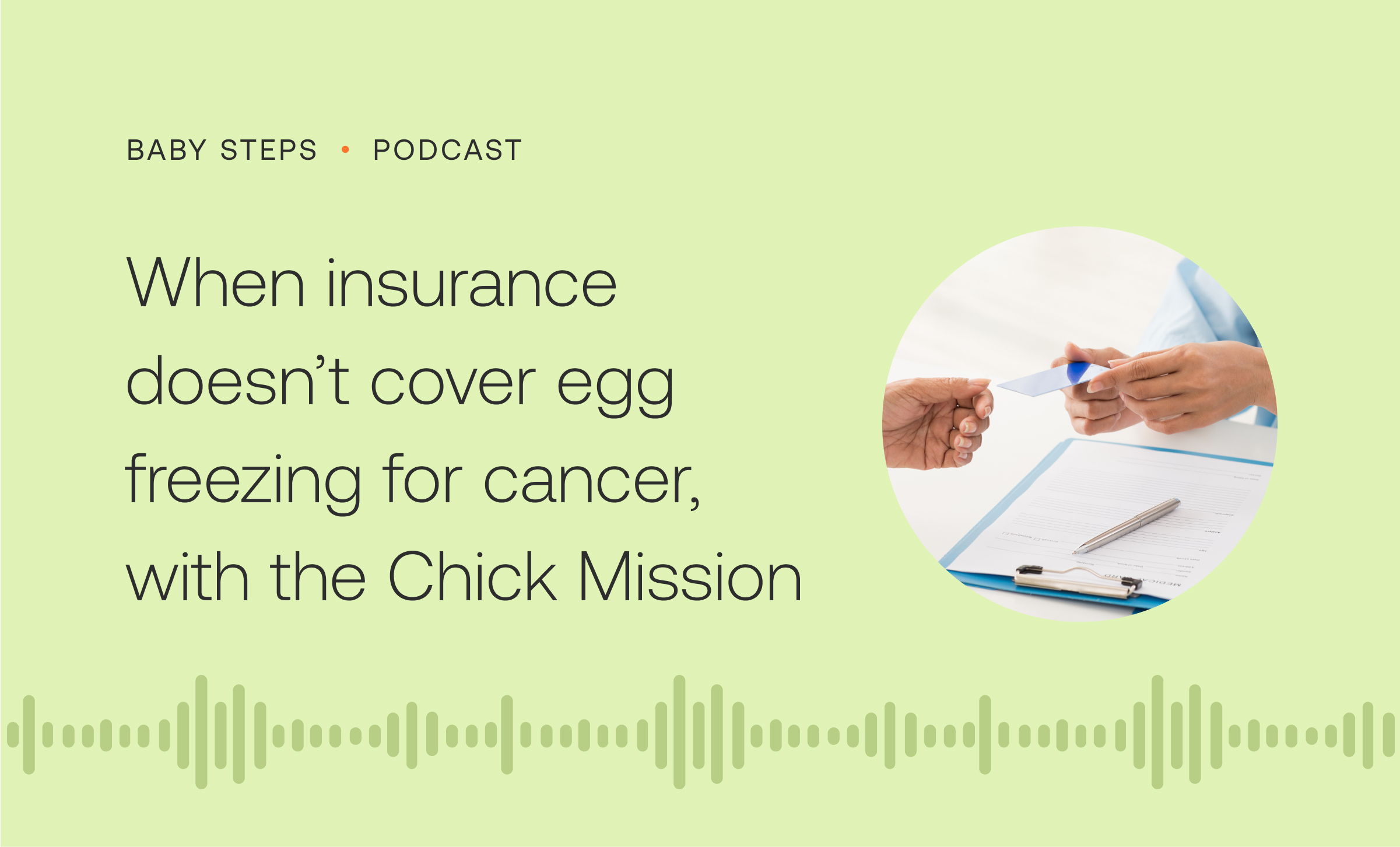About 4-20% of women of reproductive age are diagnosed with polycystic ovary syndrome (PCOS) worldwide. As part of PCOS Awareness Month in the U.S., we wanted to learn more about common questions around PCOS in some of the regions Carrot supports, so we reached out to a few Carrot partners in Asia, where conversations around fertility, in general, are on the rise. We talked to a few of our partners in Singapore and India to better understand PCOS globally and what members in those areas need to know.
Singapore: The O&G Specialist Clinic, Janice Tung, MBBS, MRCOG
How do you support patients with PCOS?
PCOS is difficult to diagnose. Not all people who are not ovulating have PCOS. There can be other causes of irregular ovulation and menstruation, such as thyroid problems. So first, I attempt to give an accurate diagnosis.
Then I usually give them a comprehensive explanation of the diagnosis and what it may be associated with. If a patient is concerned about fertility, I would further educate them about their options of ovulation medications, intrauterine insemination (IUI) with timed ovulation, or in vitro fertilization (IVF).
What do you wish your patients knew about PCOS and infertility?
The earlier people with PCOS and a diagnosis seek treatment, the higher their chances of getting pregnant. Many patients struggle with trying to get pregnant on their own with irregular menstruation. Tracking their menstrual cycles and then seeking gynecological advice for any abnormalities would be prudent because if they wait until they are older, their egg quality may be poorer.
Another challenge is that PCOS can make it harder to lose weight; more than half of people with PCOS are overweight. Weight management and lifestyle changes are critical contributors to the success of various fertility treatments and ensuring healthier pregnancies and babies. A healthy weight plays a significant role in managing insulin resistance and contributes to regulating periods and improving egg quality. A 5% decrease in weight can result in more predictable ovulation, sometimes decreasing the need for additional fertility interventions.
What are the most common misconceptions about PCOS you hear from patients?
- That they have PCOS when they may actually not.
- That it is a condition that only affects their fertility. It has other health implications as well.
- That it is due to their weight, and hence when they find themselves "eating very little" and "going for a jog every day" and are still unable to lose weight and improve their condition, so they feel very defeated.
India: Gynaecworld, The Center for Women’s Health and Fertility, Duru Shah MD
Is there a stigma around PCOS in India? How does it impact people with PCOS?
PCOS is a complex chronic condition affecting almost 10% - 20 % of women of reproductive age in India. But there is a stigma because many beauty standards here are associated with unrealistic goals about the body and femininity. For example, PCOS is characterized by varied symptoms like irregular periods, weight gain or obesity, acne, and alopecia (hair loss). Excessive facial/body hair is also a symptom of PCOS. All of these factors can lead to mental health issues like anxiety, depression, and low self-esteem. Along with the above symptoms, PCOS can also lead to long-term consequences like diabetes, cardiovascular disease, and infertility. Today we know that PCOS affects many other organs in the body such as the brain, pancreas, gut, fat, and skin.
How can people with PCOS manage their symptoms?
From physiological bodily changes to emotional challenges, people with PCOS have a lot on their plate to deal with. While finding an answer, some lean on half-baked information found online. Instead, we always advise that they should consult us.
Ideally, controlling PCOS involves a multi-disciplinary approach involving a gynecologist, an endocrinologist, and a nutritionist. Promoting more acceptance, in-person counseling, and creating a dialogue with these women can support them and eliminate the fallacies around PCOS. A controlled and monitored approach can help one keep PCOS under control. Psychological counseling, encouragement, and appreciation for achieving small goals –– like weight loss –– will help women overcome the stigma. PCOS support groups and familial support also play a mammoth role in rebuilding their confidence.
What are some common misconceptions you hear about PCOS?
While obesity is a prominent risk factor, about 15-20% of women with PCOS are thin. This is known as lean PCOS.
It is also widely misunderstood that PCOS always leads to infertility. The truth is that women with PCOS do not ovulate regularly due to irregular periods, as well as probable insulin resistance and raised levels of androgen –– a kind of hormone that all bodies produce in different amounts and are typically higher in males than females. That means becoming pregnant can be tricky, but not impossible, as long as you’re continuing to ovulate. Some people need assistance having children, but many can become pregnant with simple interventions. For starters, weight loss and basic hormone correction can regularize menstrual cycles and thus help them become pregnant faster on their own.
India: Nova IVF Fertility, Aviva Pinto Rodrigues, MD
What do patients need to know about their PCOS diagnosis?
Proper counseling is the need of the hour for patients with PCOS. Lifestyle management, with emphasis on weight loss and diet, can improve the symptoms.
The main problems are acne, excessive hair growth, irregular menstrual cycles, and infertility. Treatment will depend on what symptoms the patient has. All these can be dealt with but need time and cooperation from the patient. With education and solid explanations about the need for suggested treatments, patients are usually happy to comply.
Most importantly, we want our patients to know that PCOS can be managed and infertility associated with PCOS can be treatable. These patients should see a doctor or a fertility specialist as early as possible to get help with lifestyle management, cycle control, and fertility-related issues.
How Carrot supports members with PCOS
Carrot is a global solution that supports members in more than 120 countries. PCOS is one of the many journeys we can help members navigate, as it’s prevalent in people across the world and can have an impact on fertility. Our members have access to partners who are knowledgeable about what patients need to navigate their PCOS journeys, along with Carrot Experts, such as a nutritionist or fertility specialists, to ensure they have the best care –– regardless of where they are in the world.
If you’re a Carrot member, sign in to your account to find a provider near you.













